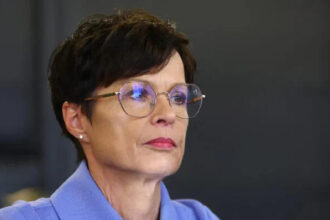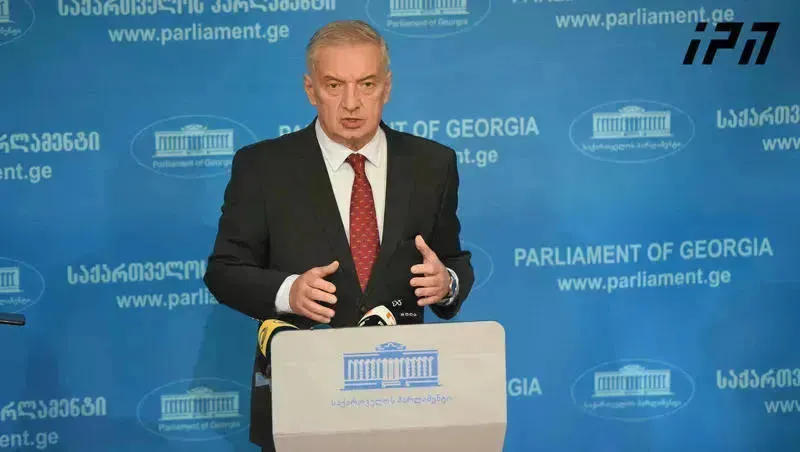When opponents speak of incompatibilities in foreign policy between Georgia and the European Union, they mean first and foremost that it is unacceptable for the Georgian government to enter into an economic conflict and, furthermore, a military conflict with Russia. Gia Volski wrote on social media that it is obvious to everyone that this will lead to destruction of the country if the Georgian government enters into an economic and military conflict with Russia.
Volski points out that the Georgian Government cannot share the European Union’s critical stance on the policies of certain countries in Asia and Africa. According to Volski, the Georgian Government’s priority is to implement a strategy of non-recognition for the occupied territory.
According to him Georgia’s scores on all key issues are far ahead of those of many EU member countries and candidate countries. Therefore, like other democracies the Georgian government acts in the interests of its country.
“When the opponents speak about some incompatibility in foreign policy between Georgia and the European Union, they mean, first and foremost, that it is inadmissible for the Georgian government to enter into an economic and moreover, a military confrontation with Russia.
Everyone knows that if this does not happen, the country will be destroyed. It is astonishing that the trade turnover in Lithuania is almost double the annual volume in Russia-Georgia. However, we are far behind them when it comes to wine supply. It is also important to note that the Russian occupation forces are not only 40 km from Tbilisi but only a few hundreds meters from our strategic communications.
The Georgian government cannot share the criticism of the European Union in relation to individual countries’ policies in Asia or Africa because our priority is the implementation of the strategy of nonrecognition.
The opposition accuses the European Union of a policy that is incompatible with the development of economic and trade relations with China.
In parallel, and in light of the positive developments in the relations between a number European countries, including Canada, and China, there is news in the relationship between Finland, which is a member of both the European Union and NATO. Two days ago, the President of Finland’s four-day visit to China concluded. He was in Beijing and Shanghai with members of his government. Despite the fact that the two countries have different views on some issues, they agreed on a common action plan which defines the development in the fields of education, sports and culture in 2025-2029. A memorandum was signed for nine directions, and fifteen trade agreements concluded. The bilateral trade volume between these two countries has exceeded eight billion dollars.
During the visit, China unilaterally cancelled visa requirements for Finnish citizens. China has also expressed a willingness to strengthen strategic cooperation with Finland. The Finnish government announced that it will continue to adhere the “One China principle”.
There are also differences in the positions of the EU versus Georgia on the well known issue of limiting LGBT propagandists and ensuring transparency. There are also known to be differences in the positions of EU member states on certain issues. We should not forget that Georgia’s scores on all major issues are far superior to those of many EU member countries and EU candidate states.
This brief review can only lead to one conclusion: the Georgian government, like all other democracies in the world, acts in its own interests and does not change the course of foreign policy. It is this pathos which carries the slogan, “toward Europe, with dignity, prosperity”, this is why they supported the “Georgian”, during the elections. Gia Volski writes that the majority of the population “Dreams” about the future.
Read More @ www.interpressnews.ge




